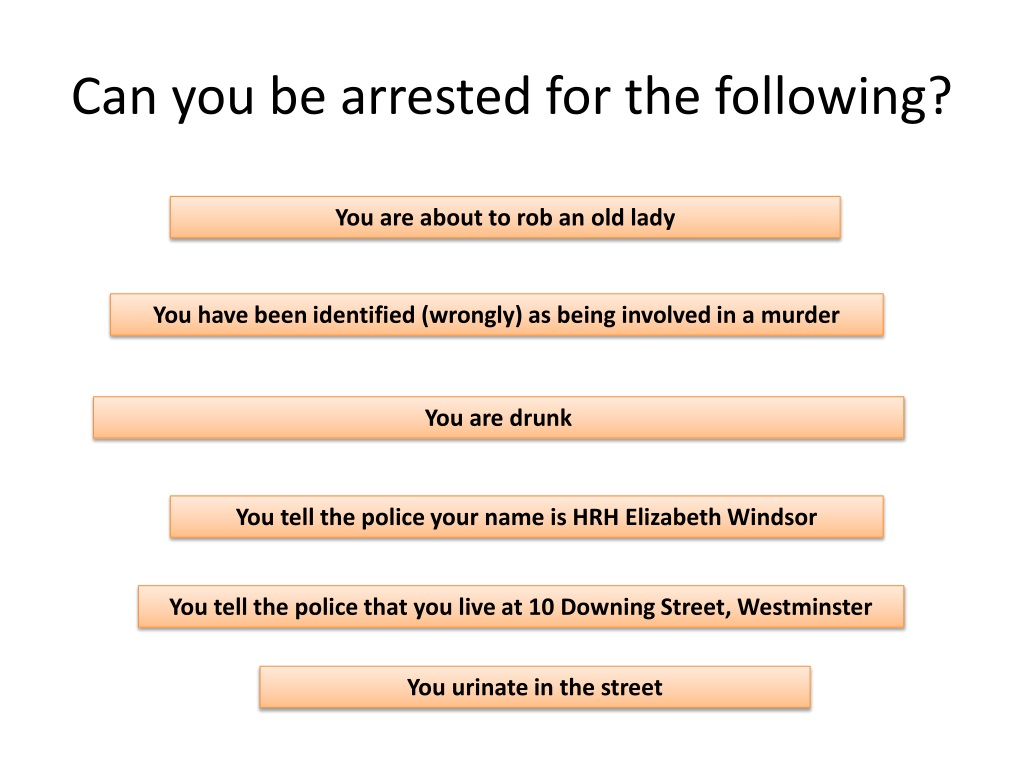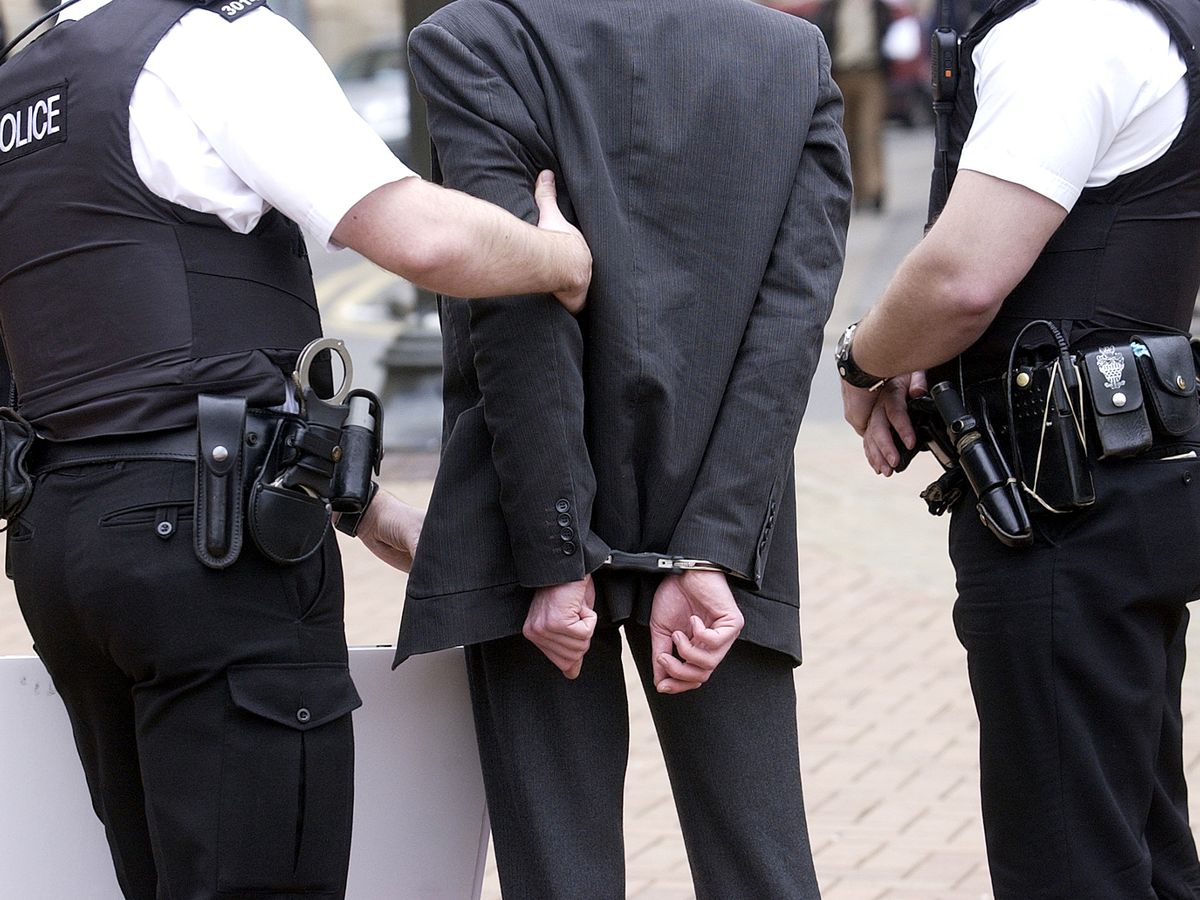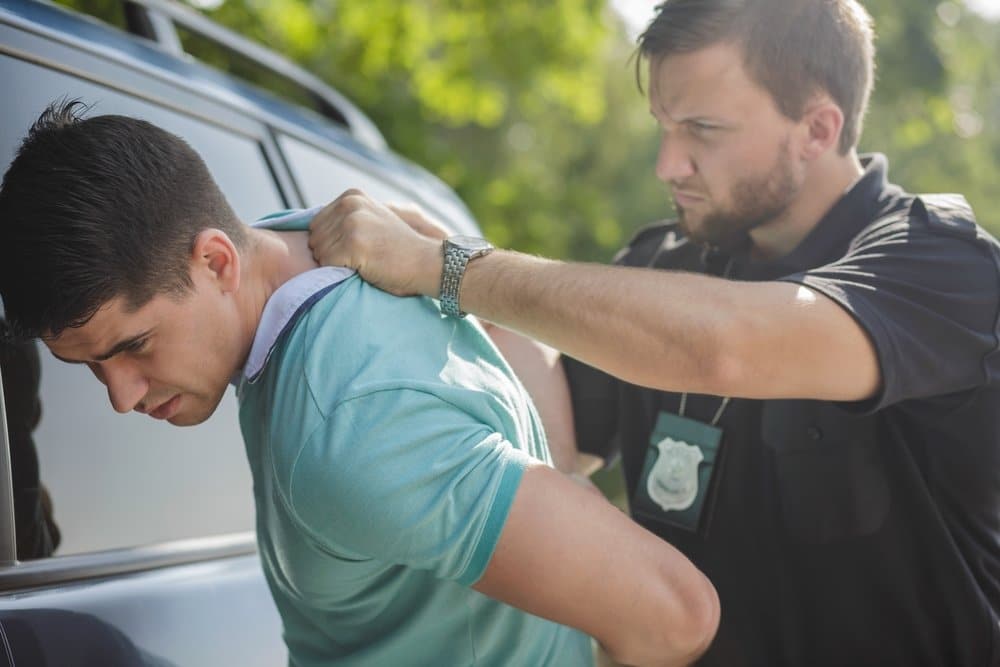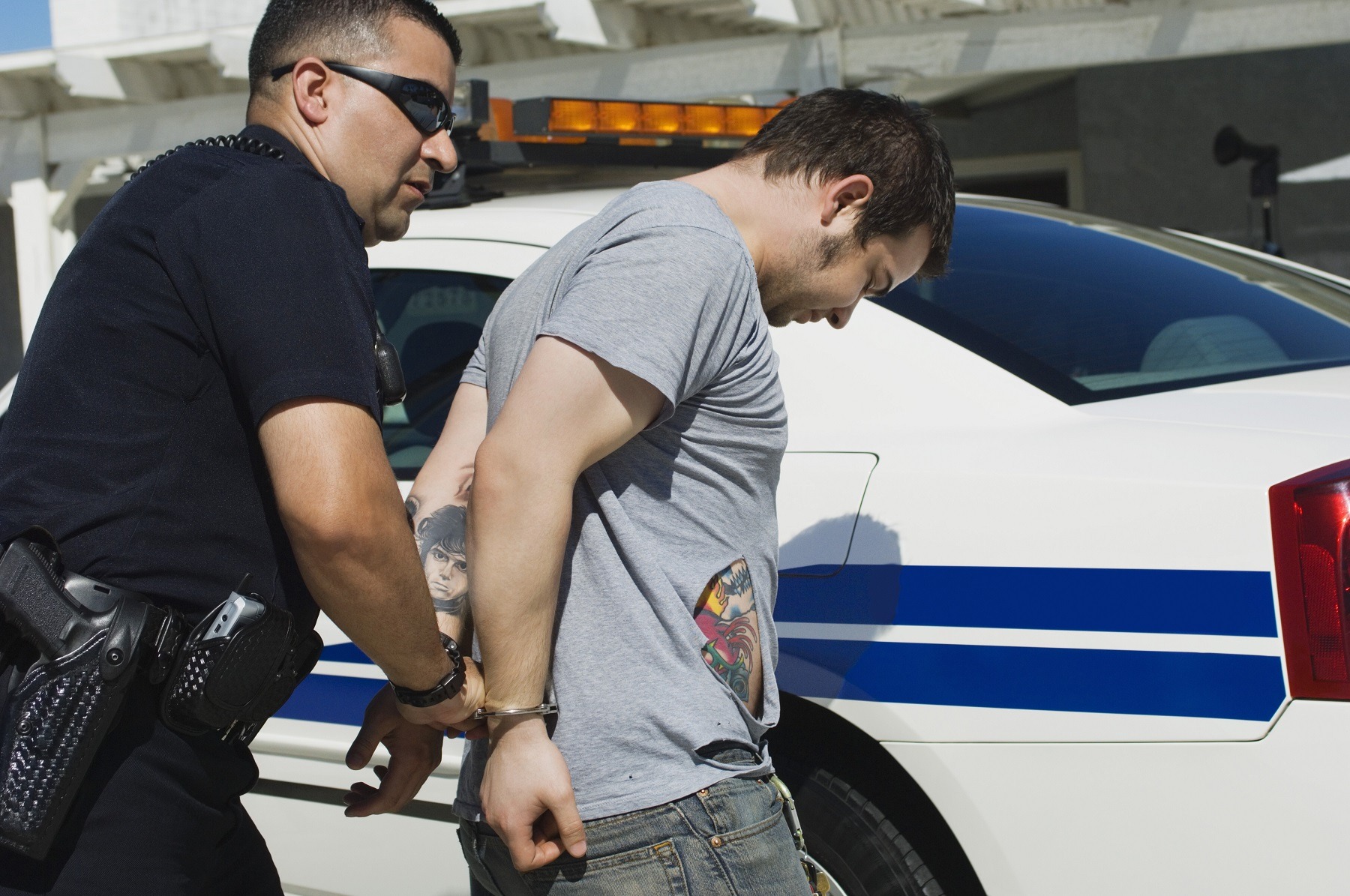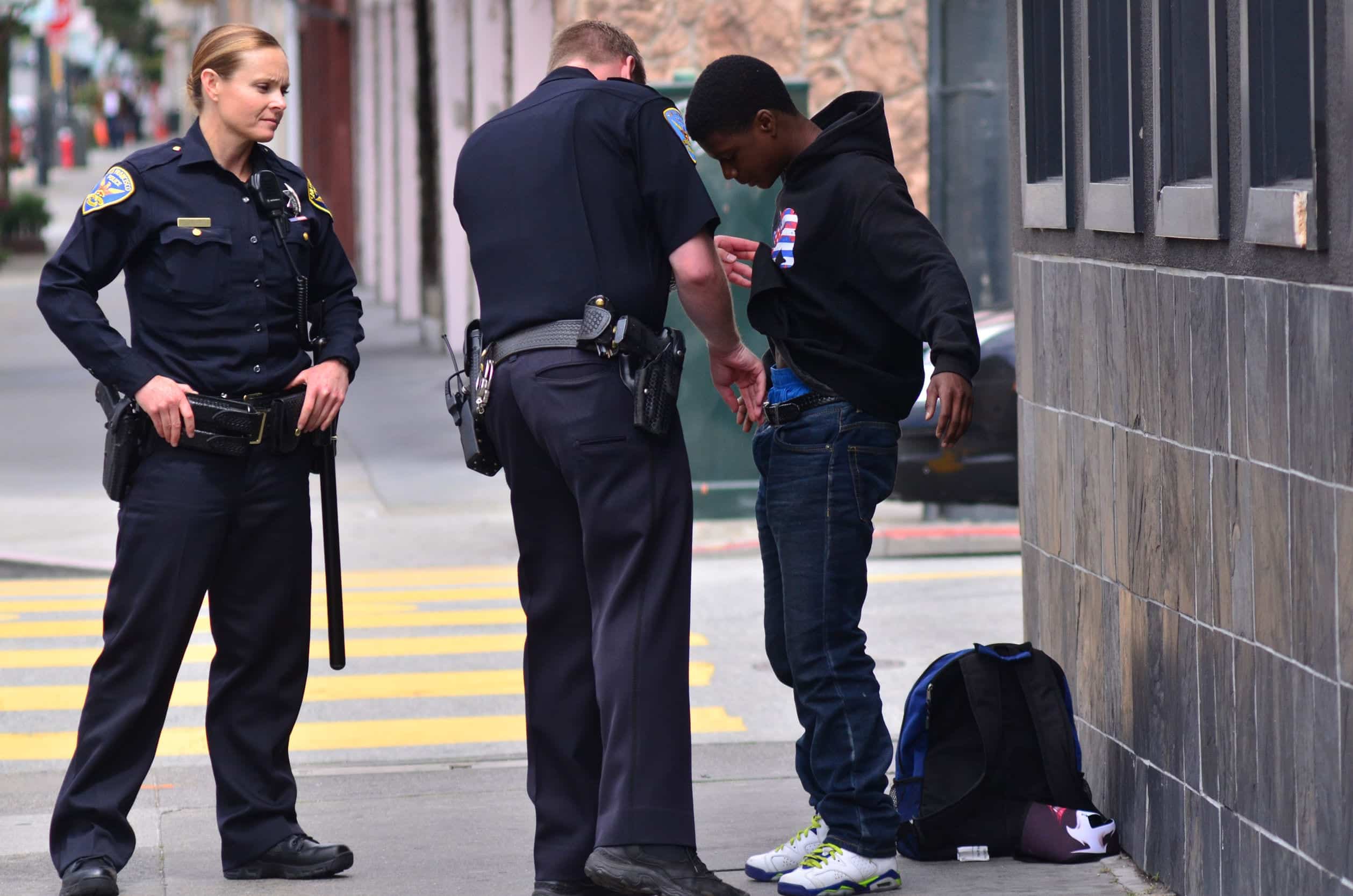Can You Be Arrested - You can be arrested when an officer personally observes the crime, has probable cause to believe a crime was committed, or. Common law dictates that investigatory detention refers to holding someone while a suspicious situation is being checked. You can be arrested without being charged, but there are legal safeguards in place to protect your rights.
You can be arrested when an officer personally observes the crime, has probable cause to believe a crime was committed, or. You can be arrested without being charged, but there are legal safeguards in place to protect your rights. Common law dictates that investigatory detention refers to holding someone while a suspicious situation is being checked.
You can be arrested without being charged, but there are legal safeguards in place to protect your rights. Common law dictates that investigatory detention refers to holding someone while a suspicious situation is being checked. You can be arrested when an officer personally observes the crime, has probable cause to believe a crime was committed, or.
Can You Be Arrested for Cursing at the Police? Suhre & Associates DUI
You can be arrested when an officer personally observes the crime, has probable cause to believe a crime was committed, or. Common law dictates that investigatory detention refers to holding someone while a suspicious situation is being checked. You can be arrested without being charged, but there are legal safeguards in place to protect your rights.
Can You Be Arrested for DWI Below the Legal Limit? Texas Criminal
You can be arrested without being charged, but there are legal safeguards in place to protect your rights. You can be arrested when an officer personally observes the crime, has probable cause to believe a crime was committed, or. Common law dictates that investigatory detention refers to holding someone while a suspicious situation is being checked.
PPT English Legal System Police Powers (2) PowerPoint Presentation
You can be arrested without being charged, but there are legal safeguards in place to protect your rights. You can be arrested when an officer personally observes the crime, has probable cause to believe a crime was committed, or. Common law dictates that investigatory detention refers to holding someone while a suspicious situation is being checked.
Understanding Your Rights When Arrested A Comprehensive Guide
Common law dictates that investigatory detention refers to holding someone while a suspicious situation is being checked. You can be arrested when an officer personally observes the crime, has probable cause to believe a crime was committed, or. You can be arrested without being charged, but there are legal safeguards in place to protect your rights.
What Happens After You Are Formally Arrested for a Criminal Offense
You can be arrested without being charged, but there are legal safeguards in place to protect your rights. Common law dictates that investigatory detention refers to holding someone while a suspicious situation is being checked. You can be arrested when an officer personally observes the crime, has probable cause to believe a crime was committed, or.
What to Do if Someone You Know Gets Arrested Thiessen Law Firm
You can be arrested when an officer personally observes the crime, has probable cause to believe a crime was committed, or. Common law dictates that investigatory detention refers to holding someone while a suspicious situation is being checked. You can be arrested without being charged, but there are legal safeguards in place to protect your rights.
Unraveling The Mystery Of Arrestwd A Deep Dive
Common law dictates that investigatory detention refers to holding someone while a suspicious situation is being checked. You can be arrested when an officer personally observes the crime, has probable cause to believe a crime was committed, or. You can be arrested without being charged, but there are legal safeguards in place to protect your rights.
Police Officers Arresting Someone
You can be arrested without being charged, but there are legal safeguards in place to protect your rights. You can be arrested when an officer personally observes the crime, has probable cause to believe a crime was committed, or. Common law dictates that investigatory detention refers to holding someone while a suspicious situation is being checked.
Can You Be Arrested for Domestic Battery During the Coronavirus
You can be arrested without being charged, but there are legal safeguards in place to protect your rights. You can be arrested when an officer personally observes the crime, has probable cause to believe a crime was committed, or. Common law dictates that investigatory detention refers to holding someone while a suspicious situation is being checked.
Can I be arrested if I have a warrant from a different state? Cohen
Common law dictates that investigatory detention refers to holding someone while a suspicious situation is being checked. You can be arrested without being charged, but there are legal safeguards in place to protect your rights. You can be arrested when an officer personally observes the crime, has probable cause to believe a crime was committed, or.
Common Law Dictates That Investigatory Detention Refers To Holding Someone While A Suspicious Situation Is Being Checked.
You can be arrested without being charged, but there are legal safeguards in place to protect your rights. You can be arrested when an officer personally observes the crime, has probable cause to believe a crime was committed, or.


